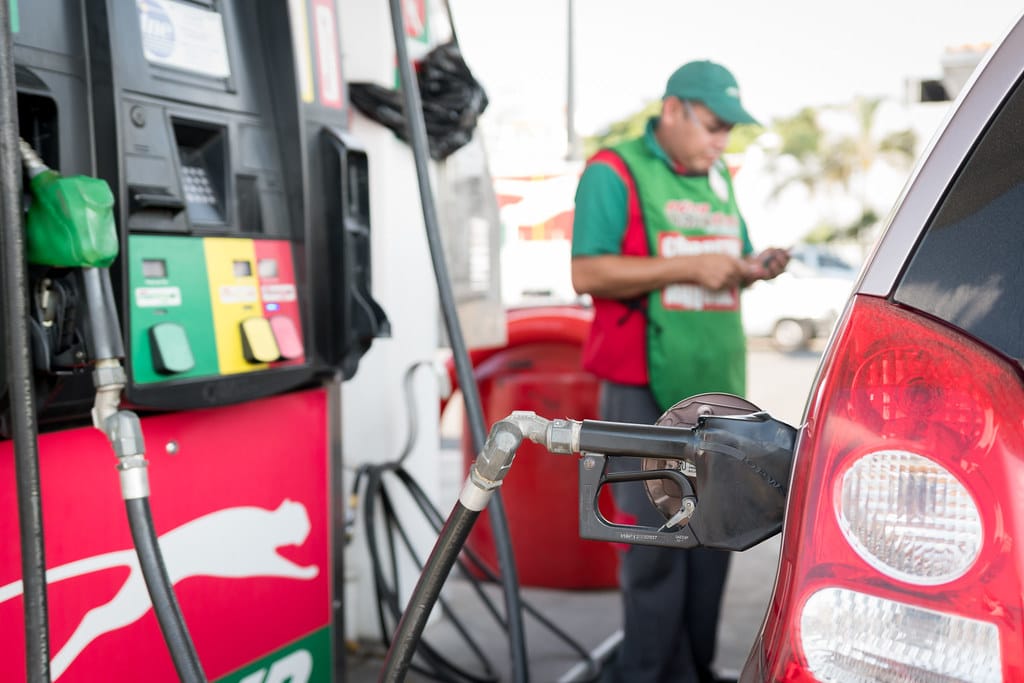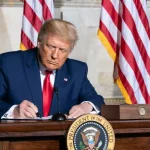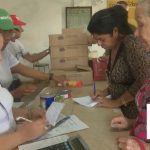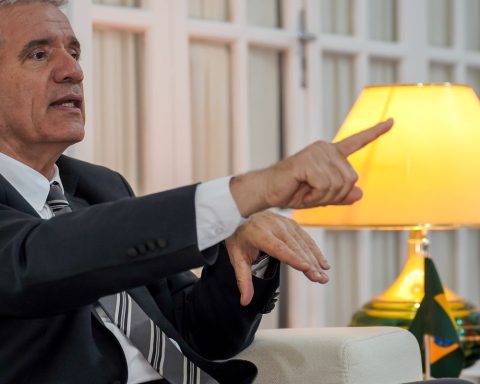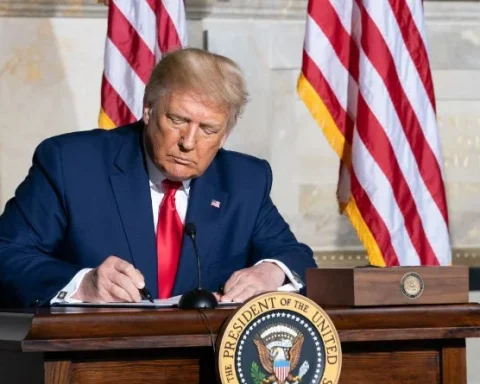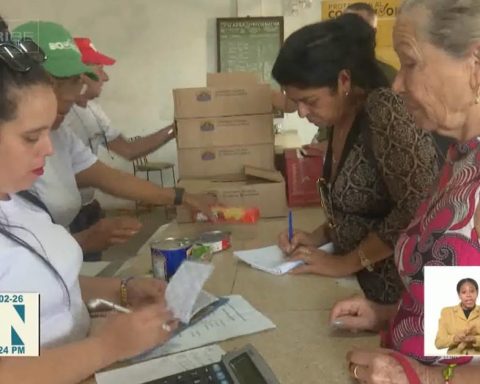The Ministry of Energy and Mines (MEM) and the Nicaraguan Institute of Energy (INE) reported that no increases will be applied to the prices of gasoline, diesel, and liquefied petroleum gas, which is used primarily for cooking, until next March 26.
The Russian invasion of Ukraineand the sanctions of the United States, the European Union and England against the Russian oil sector, shook the international markets for this item and generated strong hikes that were reflected in a immediate increase in the price of hydrocarbons.
However, the dictatorship decided to freeze prices for two consecutive weeks, assuring that “the presidency of the Republic is concerned about the impact that these prices have on the family economy and the economic sectors of the country,” the statement said.
“Nicaraguan families and economic sectors are informed that in the week from March 13 to 19, 2022, in which considerable increases resulting from international oil prices were to be applied, they were not applied, leaving the prices without any adjustment”, mentions the official document.
The document adds that “for the week of March 20 to 26, the prices of gasoline, diesel and liquefied petroleum gas will remain the same, without any adjustment.”
Although it is true that “from January 2021 to March 2022, the international price of oil has increased by 107%, going from an average in January 2021 of USD 52.1 per barrel to USD 107.9 per barrel average”, so is that the prices of hydrocarbons were down for several days.
The stalling of Russian aggression, plus increased pumping by Saudi Arabia, which is the world’s largest exporter of black gold, along with the United Arab Emirates, which ranks fourth, helped calm markets, and produced a drop of more than 30% in the price of hydrocarbons.
a week off
The price of WTI (West Texas Intermediate) oil, a reference for the American continent, was at USD 92.77 per barrel at the beginning of the Russian invasion, and rose irregularly for the following days, reaching a maximum of 123.64 dollars per barrel. March eight.
From that moment on, it began to fall to 94.85 dollars at which it was quoted on March 16, (30.35% less than the maximum price), at which point it began a new rally that made it exceed 100 dollars the next day.
The MEN and INE statement refrains from mentioning these movements, limiting itself to acknowledging that “these oil increases, which are due to external causes, have a negative impact on the prices of gasoline, diesel and liquefied petroleum gas fuels, necessary for the use in Nicaraguan homes and economic sectors”.
Instead, they indicate that Daniel Ortega and Rosario Murillo instructed both institutions to inform “Nicaraguan families and economic sectors” of the decision not to apply “the considerable increases resulting from international oil prices,” nor in this week, not the next.
“The Government of Reconciliation and National Unity… will continue to permanently monitor the behavior of international prices and the rest of the variables that make up the price of fuels, and the corresponding actions and measures will be taken to mitigate the impact of the increase in these prices. in the economy of Nicaraguan families”, concludes the statement.
